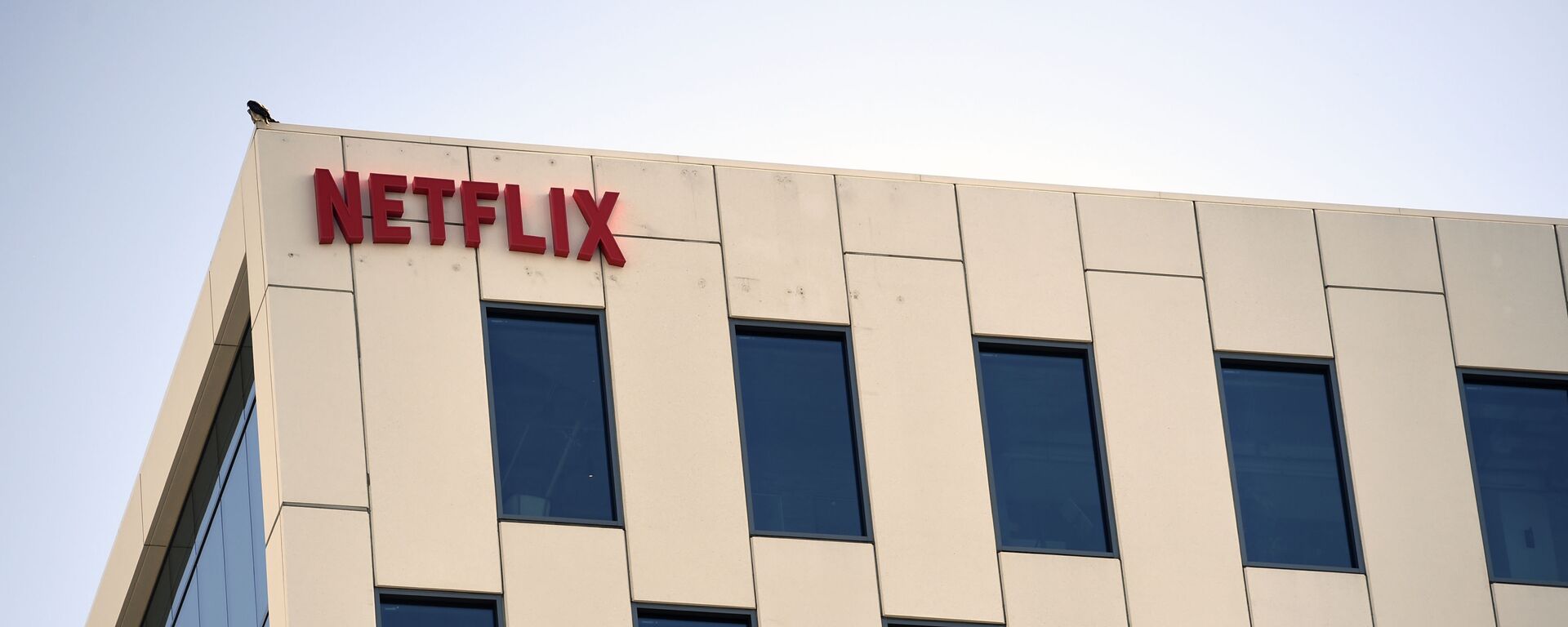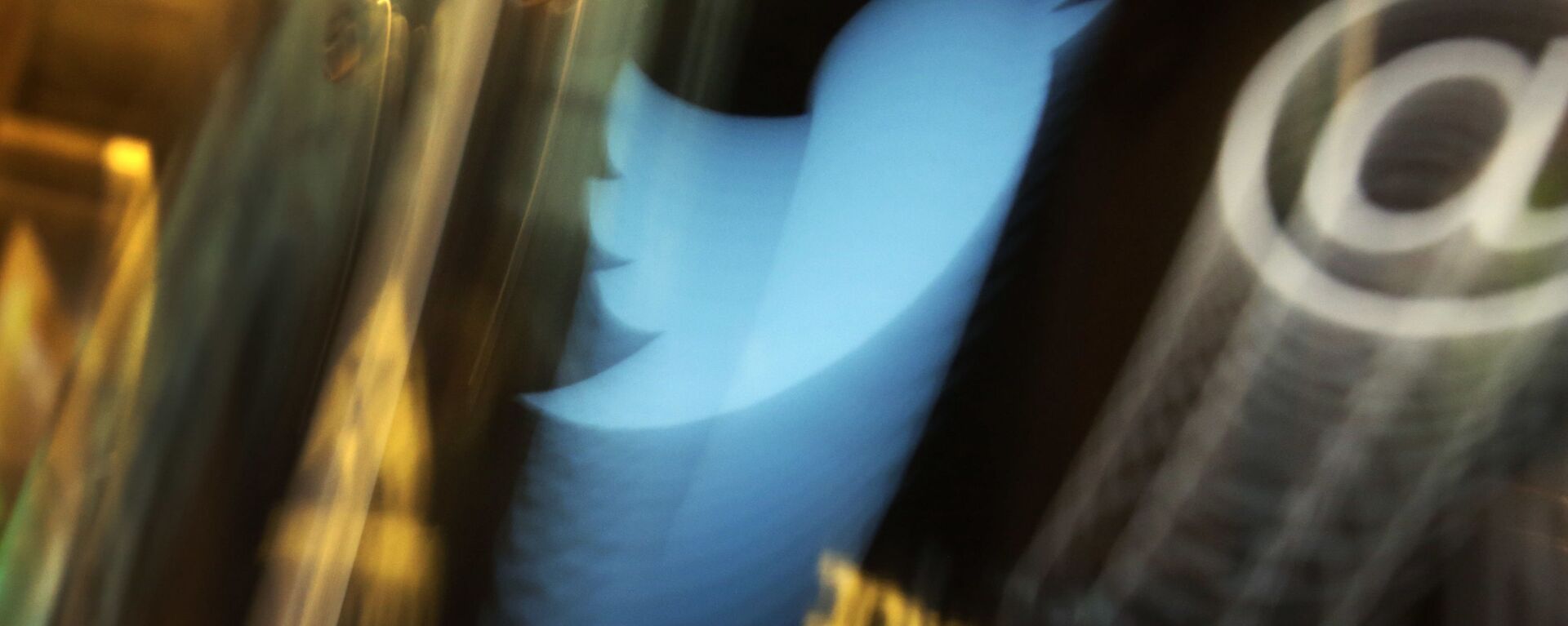Indian Cabinet Ministers Ravi Shankar Prasad and Prakash Javadekar on Thursday announced the country's first guidelines to regulate India’s digital space.

The significant social media intermediaries need to adhere to the new guidelines such as:
— Ravi Shankar Prasad (@rsprasad) February 25, 2021
1. Appoint a Chief Compliance Officer responsible for ensuring compliance with the Act & Rules.
2. Appoint a Nodal Contact Person
3. Appoint a Resident Grievance Officer pic.twitter.com/UekMZhkTwk
In a bid to unearth the origin of controversial or fake news, social media platforms will also be required to reveal the identity of any user to first post flagged content, as ordered by the government.
There is no robust complaint mechanism wherein social media & OTT platforms users can register their complaint & get them redressed within a defined timeline. These Rules substantially empower the users for timely redressal of their grievance. #ResponsibleFreedom #OTTGuidelines
— MyGovIndia (@mygovindia) February 25, 2021
In addition, the new digital media regulating laws require social media platforms to appoint a contact person to coordinate with law enforcement agencies.
For content streaming over-the-top (OTT) platforms like Netflix and Amazon Prime, the guidelines demand content be classified into five age-based categories. For content categorised as suitable for over 13s only, OTT platforms will need to enforce parental locks as mandatory.
The move comes after much Indian-made original content streamed by these OTT platforms has been flagged for including abusive language, intimate scenes, and same-sex encounters.
For films there is a censor board. For TV channels there is program code. OTT had no arrangement. Our new guidelines are providing institutional arrangements for OTT#OTTguidelines #ResponsibleFreedom pic.twitter.com/hsM2VjEHSl
— Prakash Javadekar (@PrakashJavdekar) February 25, 2021
Several netizens have welcomed the guidelines, applauding quick action against offensive content.
A huge step to rein on social media & OTT platforms by law minister @rsprasad
— Sachin Soni (@Sachin_1sr) February 25, 2021
Immediate action will be taken on offensive contents in just 24hrs
सब पर लगाम लगेगी😅@BurnOne007 #ottguidelines#modi_job_do #Modi_rojgar_do #IndvsEng https://t.co/1hQdpLt5c8
Thank you so much PM Sri @narendramodi Ji, Sri @PrakashJavdekar Ji & Sri @rsprasad Ji for the regulation of OTT & SM platforms.
— Priyanka Tripathy (@priyankalittle1) February 25, 2021
This will prevent Data Transparency and enable users to raise their grievances.#ResponsibleFreedom #OTTGuidelines https://t.co/0FBZ7M0Rcc
Finally OTT guidelines released.... End of nu*ity and foul language under name of creativity.... 💖❤️💗 pic.twitter.com/2jRKX8BgXV
— Ashok_KothaReddy (@ashokkothareddy) February 25, 2021
Talking to Sputnik, Kazim Rizvi, the founder of Indian tech policy think tank The Dialogue, said that while the guidelines are well intended, there are certain aspects that must be considered in the interest of national security and privacy.
“The cornerstone of our digital freedoms is ‘safe harbour.’ Thus, making it conditional to the requirement of automated proactive monitoring and censoring illegal content as mandated under the new rules might lead to privacy challenges, and could also lead to censorship by intermediaries," he said. "The use of automated tools which are not nuanced enough is likely to cause a chilling effect on ‘Free Speech’. Secondly, small platforms that do not have the bandwidth to proactively monitor would face legal consequences or shut down leading to a massive hit on ease of doing business."




